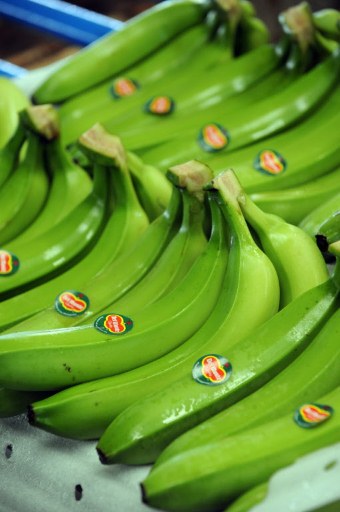
Ramon Milloria, head of the PQS regional office in Davao, said this means that bananas processed in these packing plants are now fit to be exported to China.
The certification came amid efforts by banana exporters to resume exports to China in the wake of Beijing’s imposition of stricter phytosanitary requirements.
Milloria said they have forwarded the list of the certified packing plants to the Department of Agriculture’s central office in Manila.
Two hundred and sixty-eight of the packing plants certified as compliant with Chinese requirements are operated by the Pilipino Banana Growers and Exporters (PBGEA), while 44 belong to the Mindanao Banana Farmers and Exporters Association (MBFEA).
“These would be endorsed to China’s quarantine service for reconsideration,” Milloria said.
Stephen Antig, PBGEA head, said they were hopeful that the endorsement would pave the way for the resumption of banana exports to China.
Beijing has rejected a number of banana shipments since March on grounds of pest contamination and has been insisting on inspecting every single shipment, a tedious process that has resulted in long delays and spoilage of the bananas.
Antig said the losses to banana exporters have exceeded P1 billion, forcing them to stop shipments.
Banana growers shipped an average of 800 container vans to China per week prior to the rejections.
Remigio Garcia, MBFEA chair, said Beijing’s action had badly affected small growers and exporters, who account for 90 percent of Philippine banana exports to China.
“MBFEA, which has 18,000 hectares of banana plantation (with a total of 36,000 workers) devoted to direct export to China, continues to suffer losses in production,” Garcia said.
He said as a result of the problem, an average of “14,215 metric tons of bananas are chopped weekly and are dumped along the roadsides.”
Garcia said MBFEA has asked Senator Francis Pangilinan’s help for a possible declaration of a state of calamity in banana producing areas to cushion the impact of the China ban, “so that President Aquino could immediately appropriate funds to help small farmers.”